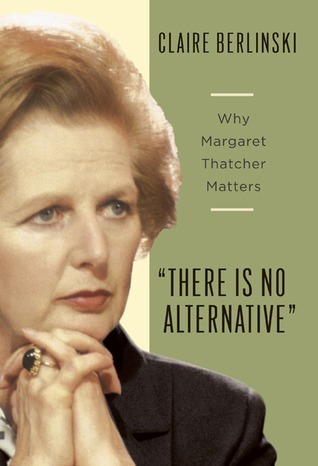What do you think?
Rate this book


Ultimately, however, Claire Berlinski agrees with Thatcher: There was no alternative. Berlinski explains what Thatcher did, why it matters, and how she got away with it in this vivid and immensely readable portrait of one of the towering figures of the twentieth century.
400 pages, Hardcover
First published January 1, 2008